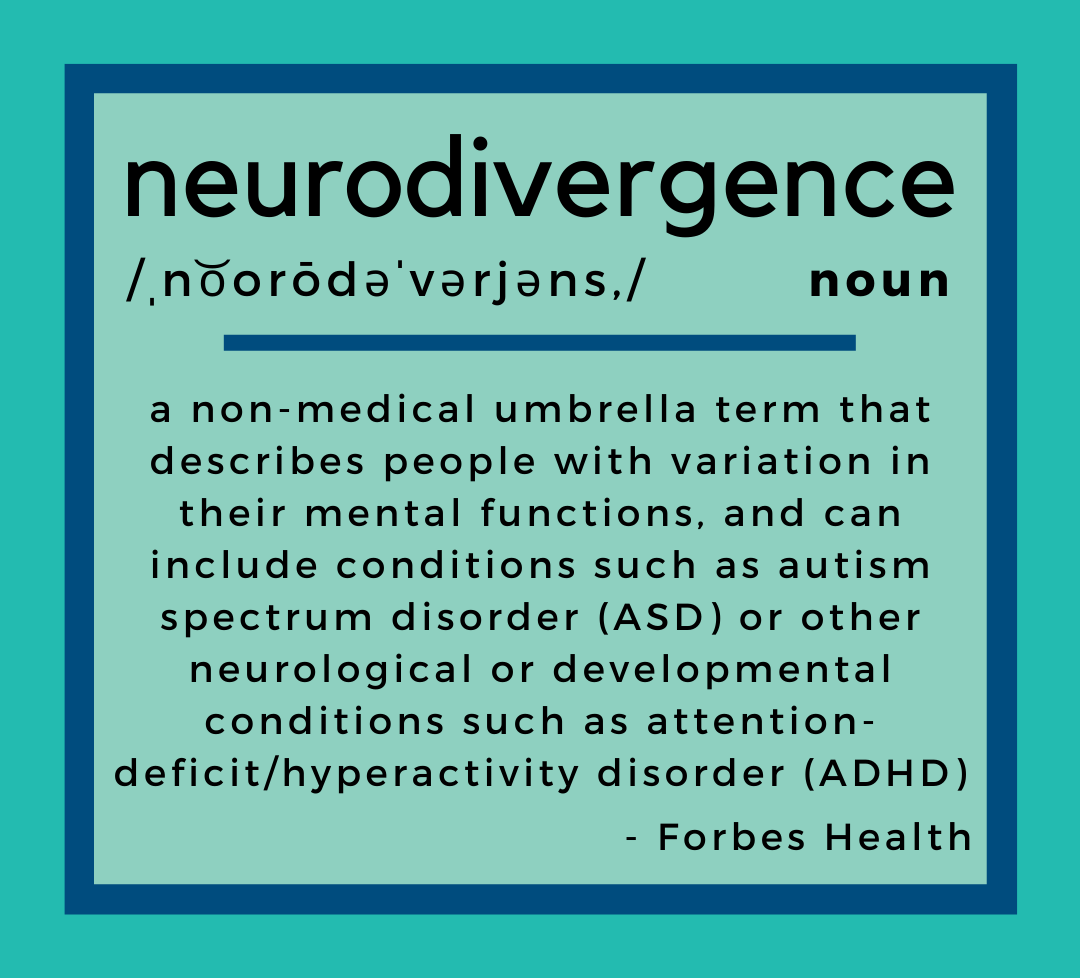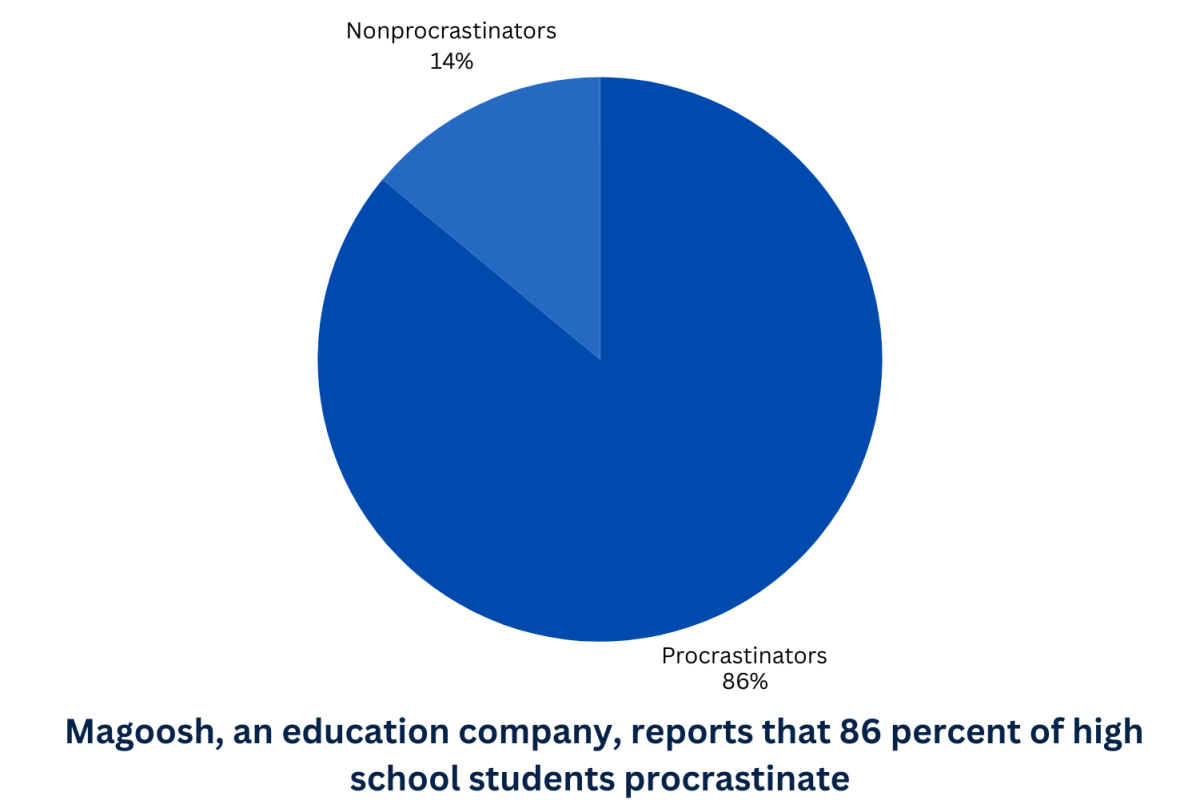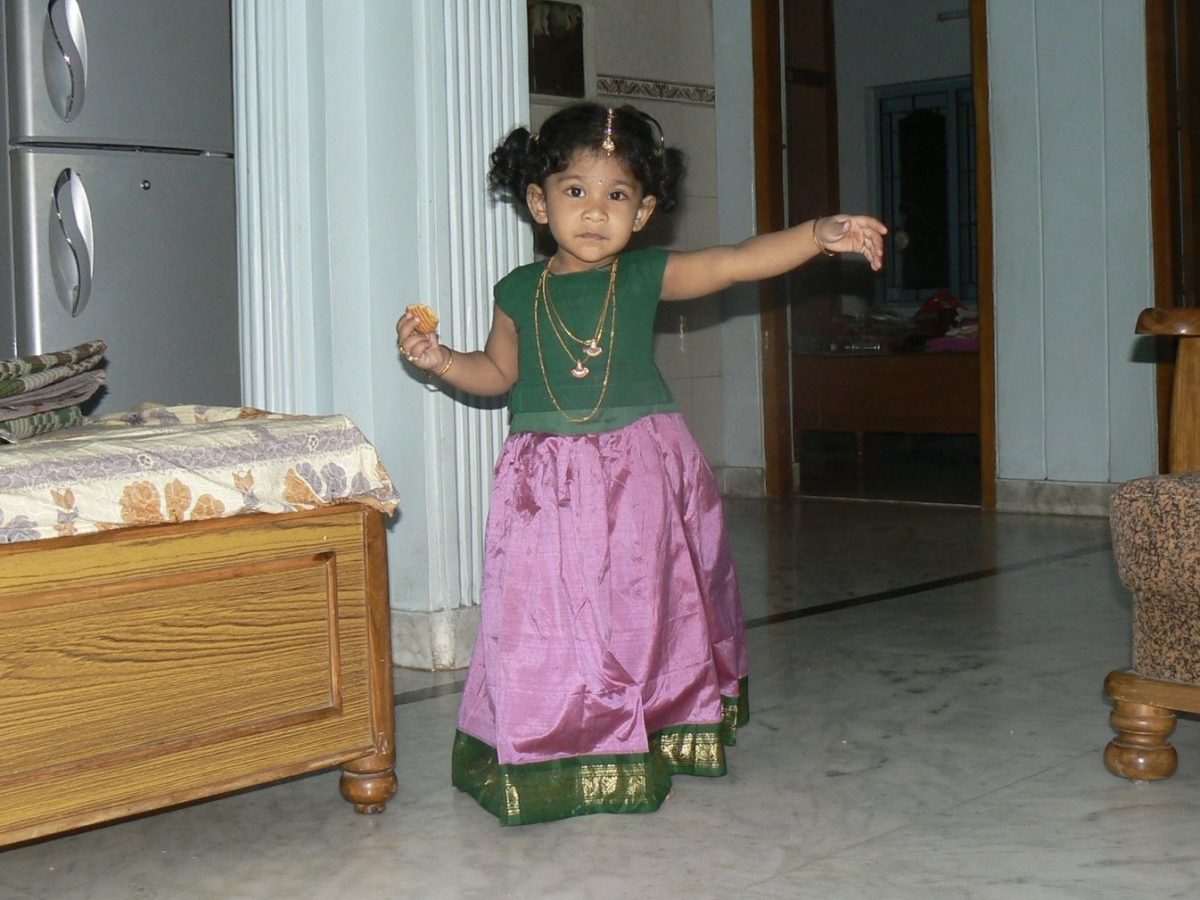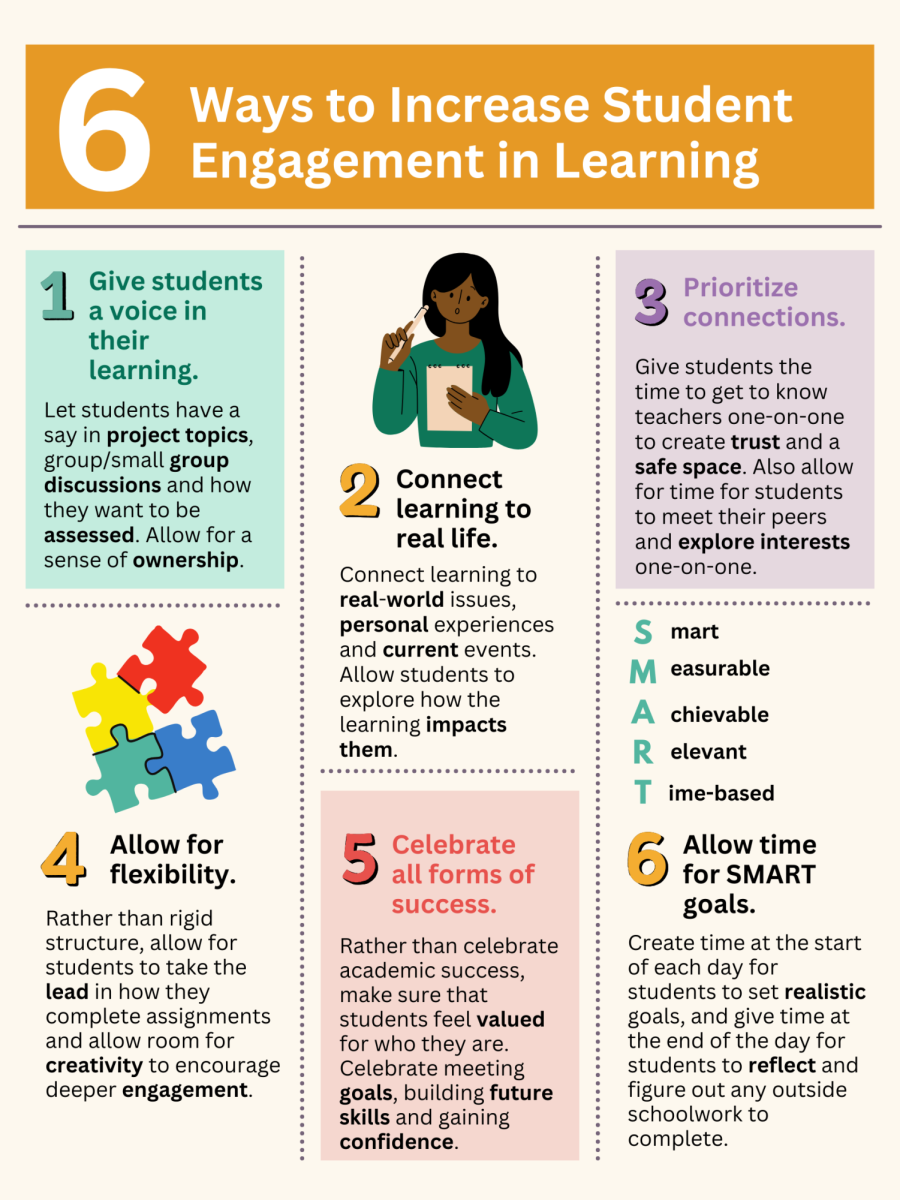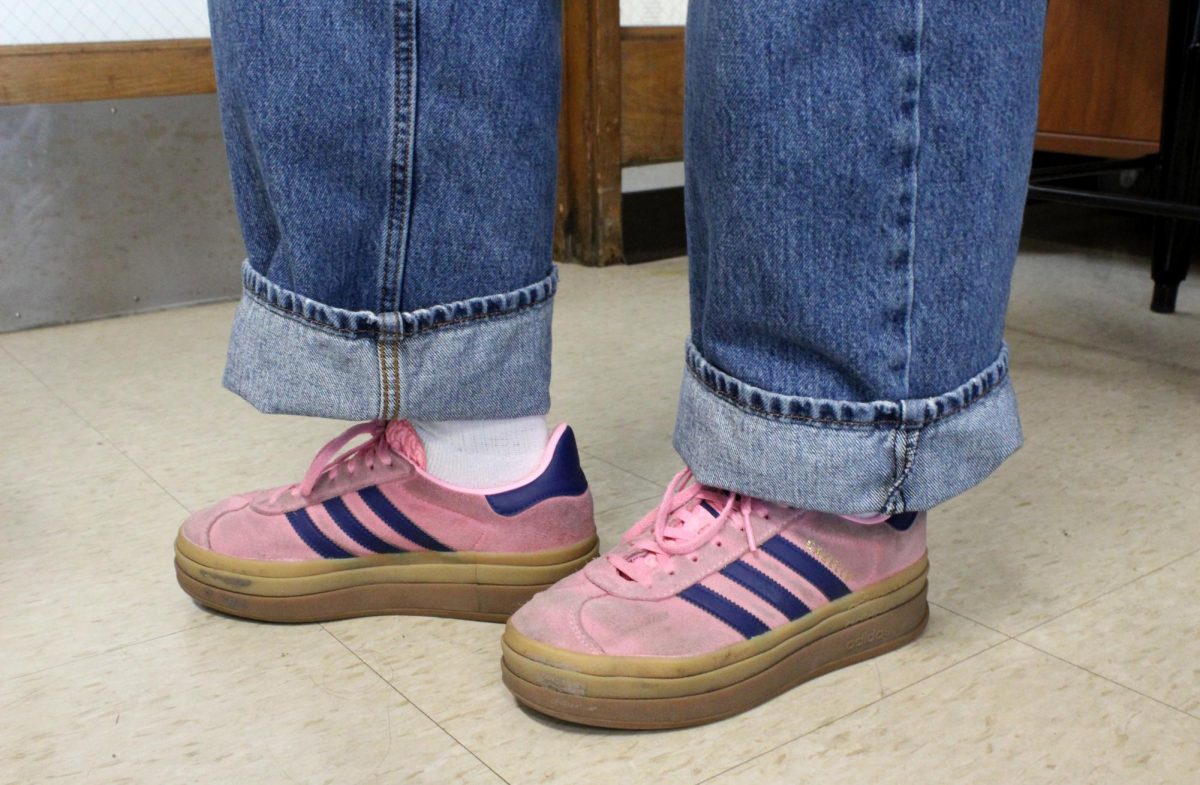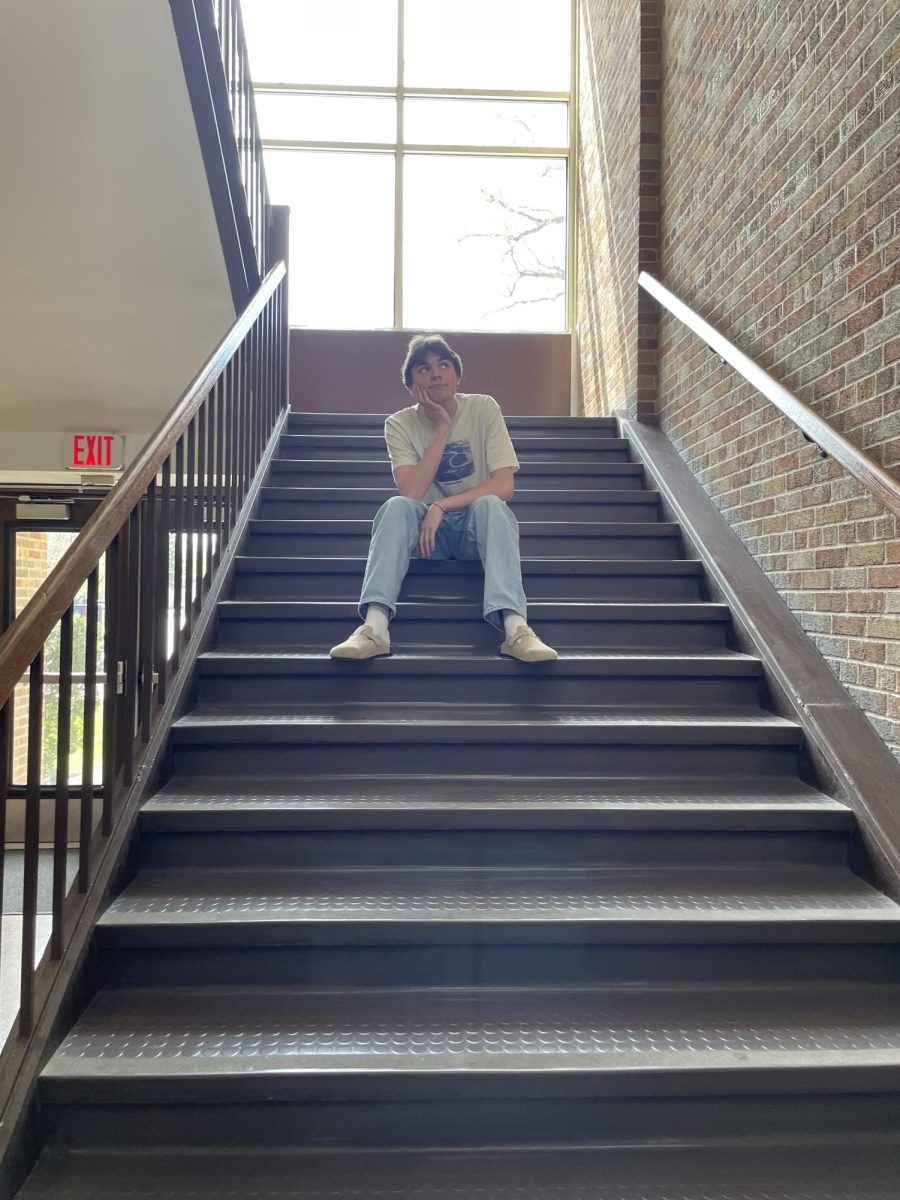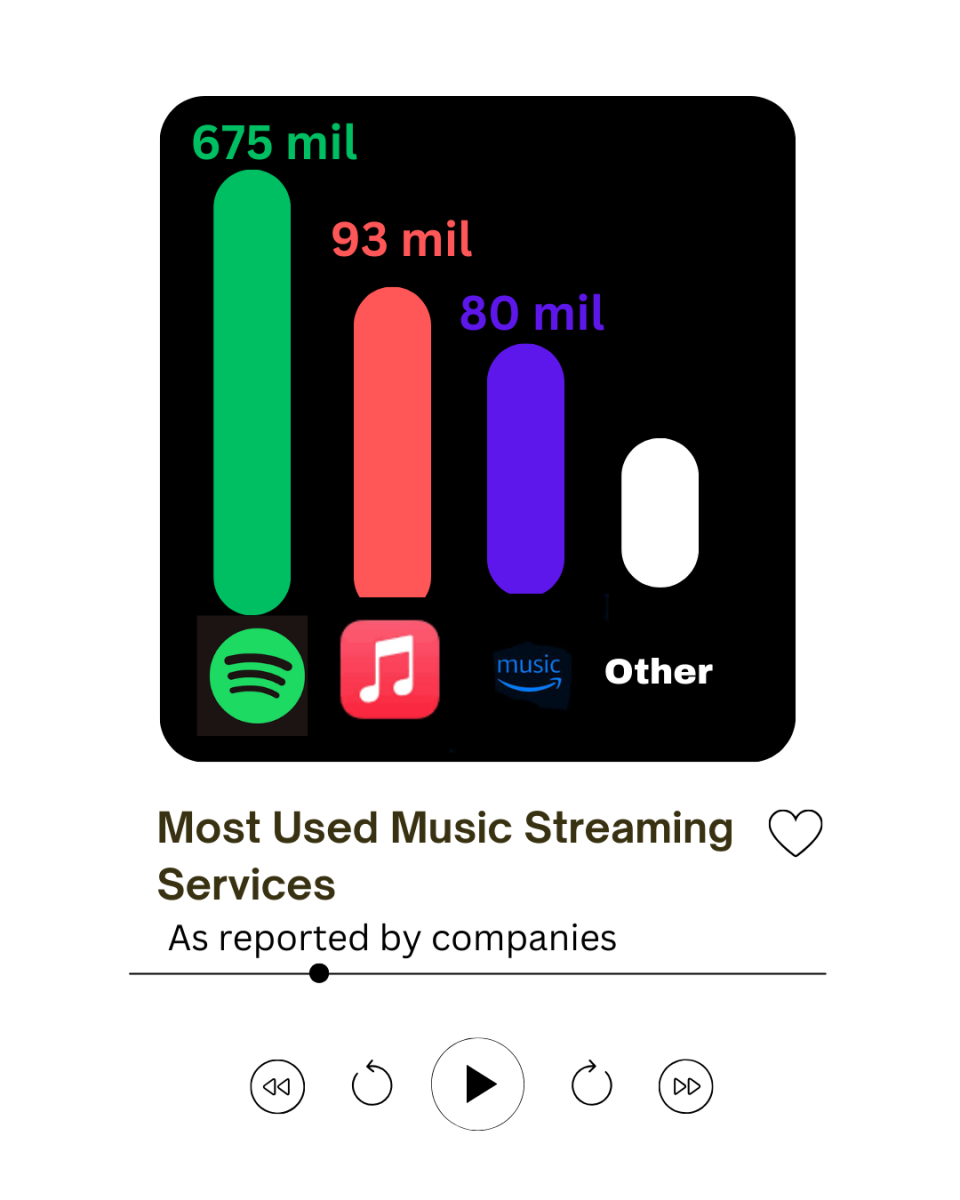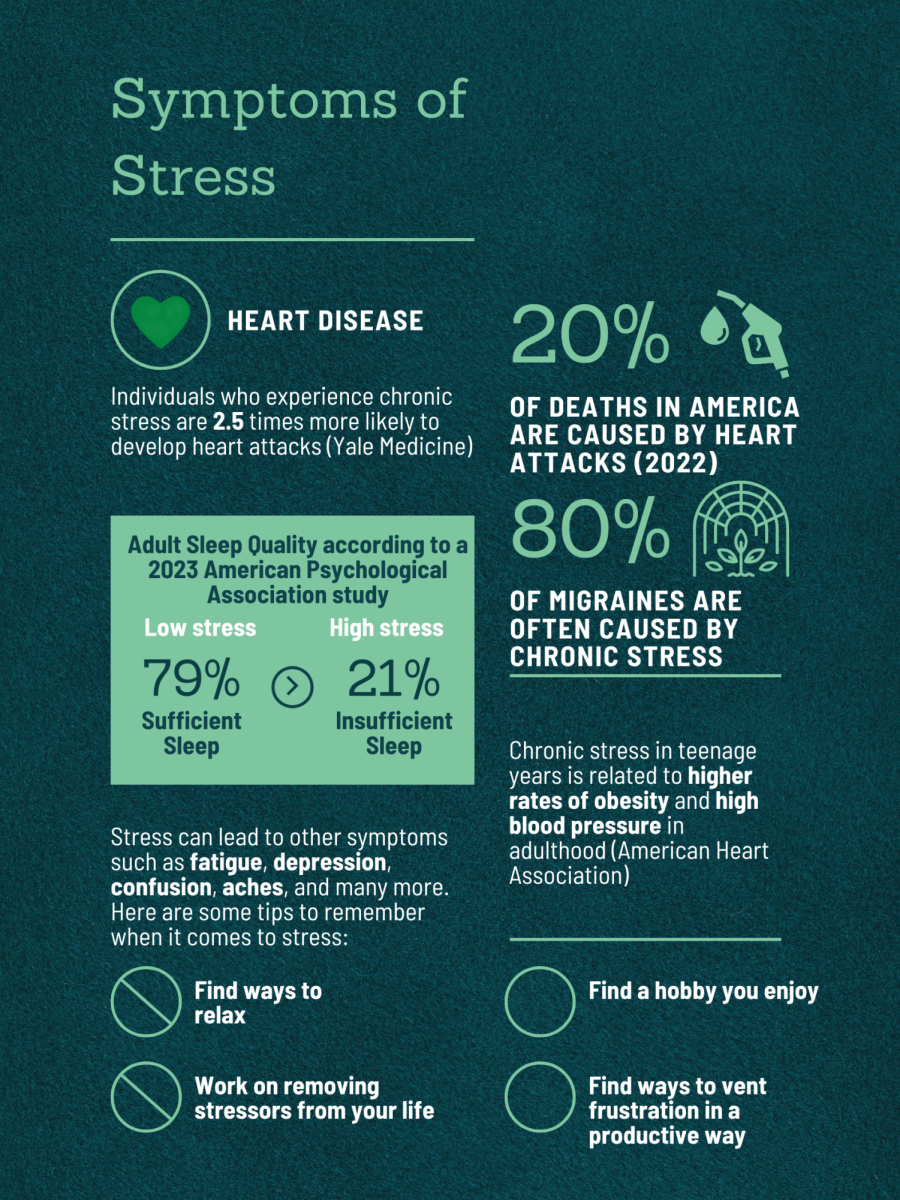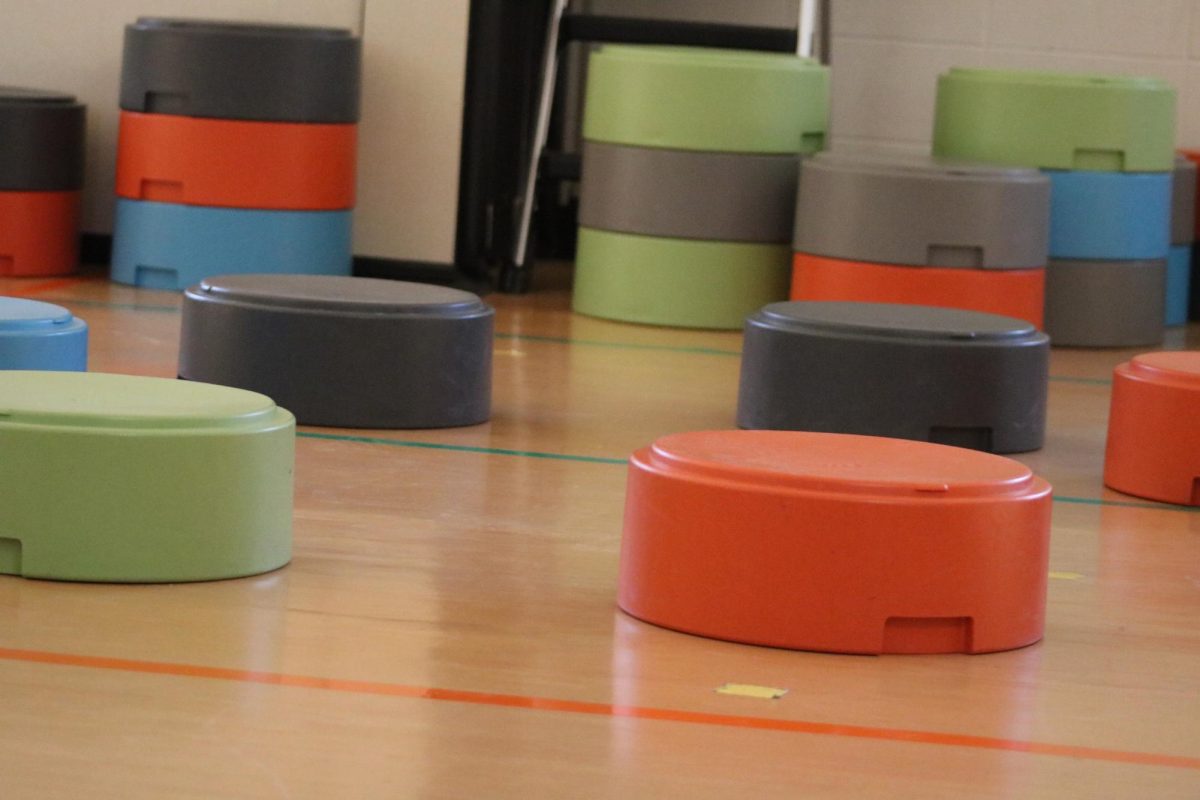I recently came across an Instagram reel that was tagged #AutismChallenge and showed a video of a teenager gesturing wildly in an obvious attempt to imitate traits of autistic people.
This wasn’t the first time I heard people using neurodivergence as an object of derision when making “edgy jokes.” I’ve heard people throw the word autism around as an insult, claim to have ADHD after having a bit too much caffeine, and casually call their friends the r-slur because they made a small mistake.
I’ve spent most of my life around neurodivergent people, many of whom are the nicest, most amazing people I have ever met.
However, some people never looked at them past their neurodivergence.
They were perceived as strange, fragile things that needed to be handled with caution even though they were far from it. They were treated as something alien, even though they were just as human as anyone else.
Today, nearly the opposite happens; I see people on TikTok and Instagram self-diagnose themselves, and claim to be neurodivergent, even though they are not.
So why is it that something initially perceived as unfortunate became a viral trend on social media? Why the change in perspective?
Social media has influenced our daily lives and the way we perceive things to a very large extent, and neurodivergence is no exception.
Because of the way it is portrayed on social media, many people think of neurodivergence as a quirky trait, and not a condition. They instead tend to write off neurodivergent individuals as “eccentric,” reducing them to their condition and ignoring the fact that they are actively discriminated against in real life.
“Social media has provided valuable resources for neurodivergent people to understand their symptoms, but it also has a tendency to oversimplify things,” stated junior Nol Trobec, a neurodivergent student at LHS. “The result is that people think neurodivergence always looks a certain way because their knowledge is limited.”
Social media is well known for perpetuating stereotypes, and as we spend more and more time diving into the rabbit holes of Tumblr and TikTok, we are exposed to many simplified ideas of what people are expected to be.
In the case of neurodivergence, social media has had a significant impact in flattening the perception of neurodivergent individuals and reducing them to their condition – which in itself has been viewed with a narrow definition that tends to gloss over the realities of neurodivergence.
“I saw someone on TikTok once saying that autistic people hold their hands up like a T-Rex, so now there are people who think autism equals T-Rex arms,” Trobec stated. “There are also loads of reductive stereotypes out there, like the ‘ADHD golden retriever boyfriend’ or the ‘band kid,’ that each reflect the way people fetishize and ostracize neurodivergent traits.”
For many people, it’s easier to hear the word “autism” and think about eccentric hyper fixations and “Sheldon-Cooper-is-autistic-because-he-has-no-social-skills” posts on a Tumblr blog than to acknowledge the difficulties autistic people face as a result of ableism and systems that cannot accommodate their differing needs.
Stereotypes that are perpetuated in social media can result in neurodivergent individuals finding it difficult to receive the help and support they need. Stereotypes have led many of my friends to believe that they aren’t “really neurodivergent” or that they aren’t “neurodivergent enough” for their needs to matter.
Stereotypes can also lead to neurodivergent children being unable to receive the help they may need because people may be led to believe that they are “faking it” or that “it’s just another trend.”
Neurodivergent people aren’t any more alien or quirky than the rest of us just because they have differing needs. It’s important for us to not only respect any accommodations they may need, but to also look past differences and acknowledge that they are just as valued, valid, and human as everyone else. After all, in the words of Trobec, “We are all just people. If you think of us as anything but, then that’s on you.”



